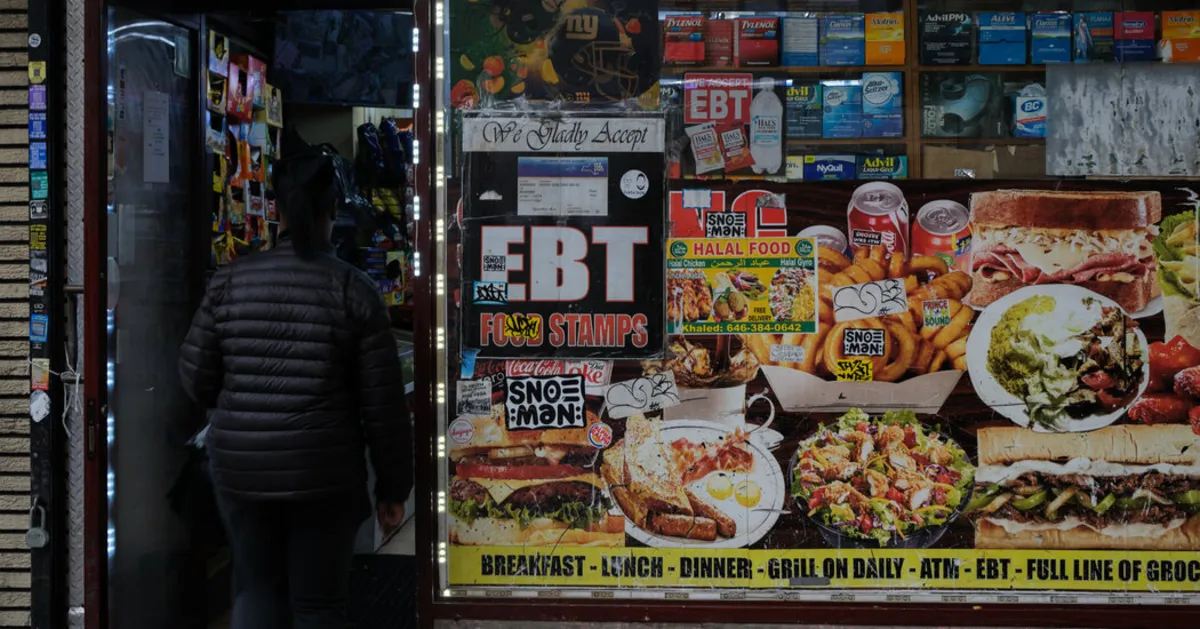
In a recent interview, former President Donald Trump commented on the conviction of crypto billionaire Zhao, stating, “I don’t know who he is.” Trump acknowledged Zhao's four-month sentence and described it as part of a “Biden witch hunt.” The implications of this case resonate deeply within the cryptocurrency community, especially given Zhao's extensive ties to the industry.
In an intriguing turn of events, Zhao sought a pardon by hiring lawyers and lobbyists closely linked to the Trump administration. Moreover, Binance, a prominent cryptocurrency exchange, engaged in a business deal with World Liberty Financial, a crypto venture associated with the Trump family, which was projected to generate tens of millions of dollars annually for the Trumps.
When confronted with questions regarding the appearance of corruption in these dealings, Trump was visibly defensive, stating, “I’d rather not have you ask the question, but I let you ask it.” He further distanced himself from the crypto venture, suggesting that his sons, Donald Trump Jr. and Eric Trump, who were present during the launch of World Liberty Financial in 2024, were more involved in the family's cryptocurrency business. “My sons are into it,” Trump noted, adding that he believes cryptocurrency is a promising industry.
Zhao, recognized as one of the wealthiest figures in the crypto sector, faced conviction following an extensive investigation by U.S. financial regulators. This case was a significant crackdown on crypto-related crime by the federal government. Trump drew parallels between his own legal challenges and Zhao's situation, portraying both as victims of what he termed a “vicious” Biden administration.
The discussion then transitioned to the historical presence of socialism in New York City politics, as exemplified by former Mayor David Dinkins. At a Socialist International council meeting in 1990, Dinkins remarked, “Socialist ideals have played a powerful role in this city.” His views highlight the enduring influence of democratic socialist voices in New York's political landscape, a sentiment echoed by contemporary candidates like Zohran Mamdani.
Zohran Mamdani, the front-runner in this year's mayoral race, embraces his affiliation with the Democratic Socialists of America (D.S.A.), a group that has seen a resurgence in recent years. While some opponents argue that socialism is unsuitable for a city like New York, Mamdani staunchly defends his platform, which includes proposals for city-owned grocery stores and free childcare, aligning with socialist principles.
The New York City chapter of the D.S.A. has played a crucial role in Mamdani’s political ascent, mobilizing members to canvass neighborhoods and support his policy initiatives. According to Gustavo Gordillo, co-chair of the chapter, “We were his political home when he was working for a City Council candidate in 2017.” This support has been pivotal in shaping Mamdani's campaign and his vision for New York City.
Historical figures like Fiorello La Guardia, a three-term mayor, and Ruth Messinger, a former Manhattan borough president, have also been associated with socialist ideals. La Guardia, although not a self-identified socialist, implemented expansive government programs reminiscent of socialist governance during the New Deal era. This legacy continues to influence the political discourse in New York.
Despite the historical connections, the challenge remains for modern politicians like Mamdani to translate high-minded socialist ideals into practical governance. Critics highlight the complexities of addressing day-to-day issues such as crime and public services, echoing sentiments regarding Dinkins' tenure as mayor.
As the political landscape in New York evolves, the relationship between socialism and governance will continue to be scrutinized. With challenges such as housing affordability and public services at the forefront, how candidates like Mamdani navigate these issues will significantly impact the future of New York City.
The intersection of politics, business, and ideology is increasingly evident in both the Trump administration's dealings and the rise of socialist candidates in New York. As these narratives unfold, the implications for governance, public policy, and the future of the cryptocurrency industry remain to be seen.